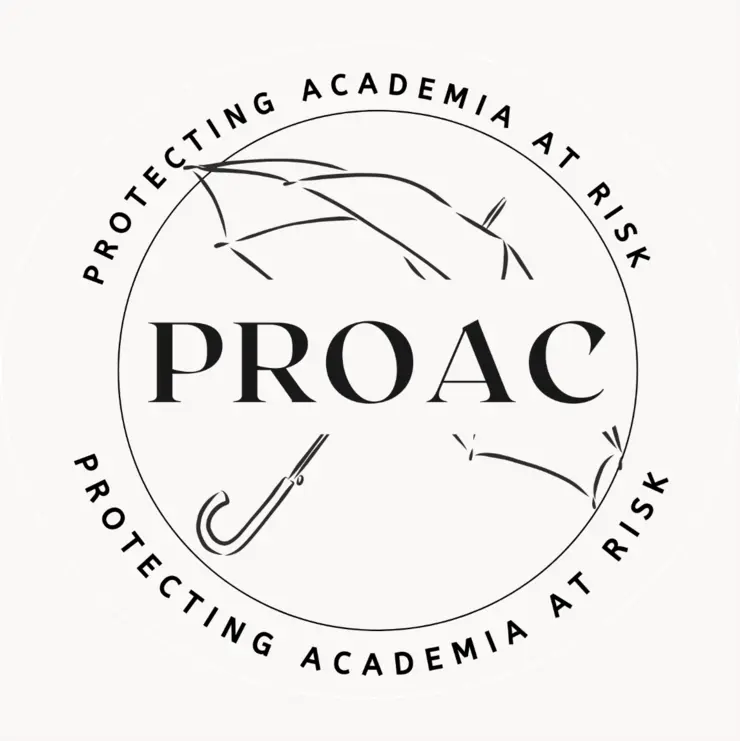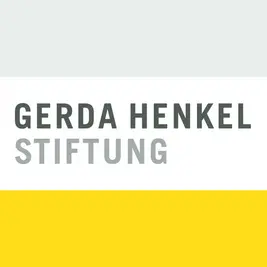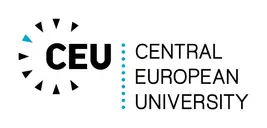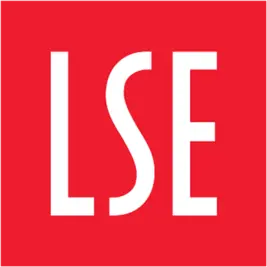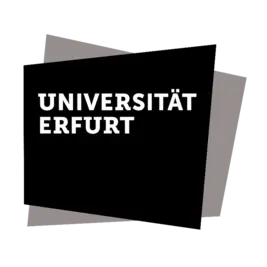Project Supported by the Henkel Foundation
Protecting Academia at Risk is an innovative research initiative dedicated to addressing the critical challenges faced by displaced academics across Europe. Developed by an interdisciplinary team of experts—Andrea Petö (CEU, Vienna), Dina Gusejnova (LSE, London), Alina Dragolea (SNSPA, Bucharest), and Bernard Kleeberg (University of Erfurt)—the project is supported by the Gerda Henkel Foundation and unites scholars specializing in history, gender studies, political science, and international history. This collaborative effort, strengthened by the contributions of post-doctoral researchers Tania Arcimovich, Nadija Kiss, and Elena Trifan, offers a comprehensive approach to the complex issues surrounding academic displacement.
Building on the seed initiative PROAC - Protecting Academic Excellence and Academics in Europe (CIVICA), which identified both best practices and the shortcomings of current academic inclusion efforts, this new phase aims to develop a sustainable framework for protecting and integrating scholars at risk due to conflict, authoritarian regimes, and other crises.
The project tackles three key research questions:
- What institutional frameworks support displaced academics?
- How should academic freedom be safeguarded in future democracies?
- And how can an improved integration system align with broader democratic values?
Through these inquiries, the project seeks to formulate a coherent vision for the future role of academia in democratic societies.
A key objective is to delve into the personal narratives of displaced academics, uncovering their unique experiences, challenges, and resilience. This narrative-driven approach informs the creation of more empathetic, comprehensive, and effective policies that address the real needs of displaced scholars. The project places special emphasis on intersectionality, recognizing how factors such as gender, age, and nationality intersect to shape the experiences of displaced academics. Additionally, it investigates the current frameworks in Europe that respond to the displacement of scholars due to conflict, authoritarianism, and other crises.
Crucially, the research does not solely focus on at-risk scholars but also examines the receiving institutions that play a vital role in their integration. Engaging with researchers from these institutions, the project explores how interactions between displaced scholars and their host institutions mutually influence each other and contribute to the broader process of knowledge production.
The long-term mission is to not only protect academic freedom but to ensure that displaced scholars thrive within their host countries. By investigating the experiences of exiled scholars and the role of multiple actors in the integration process, the project aims to create inclusive strategies that foster the professional growth, well-being, and contributions of academics at risk, ensuring a thriving academic culture essential for the future of democratic societies.
